Explore the Cost of Reciprocal IVF in Mexico
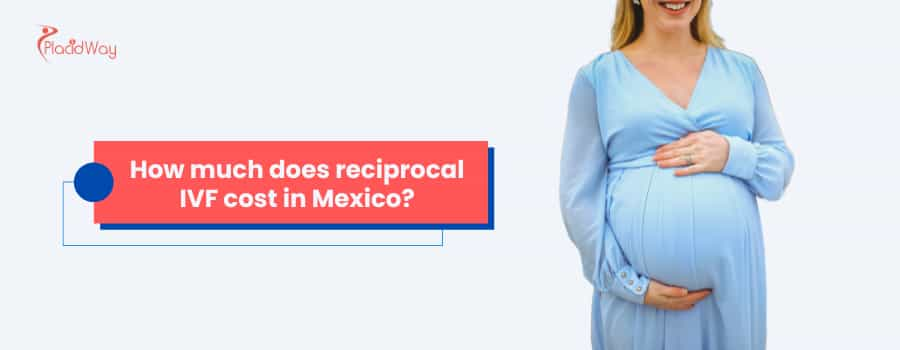
Starting a journey to parenthood is a profound experience, and for many same-sex female couples, reciprocal IVF offers a beautiful way to share in that journey physically and biologically. The cost of reciprocal IVF in Mexico is a major draw for many, making this dream more accessible. But beyond the price tag, Mexico has become a leading destination for fertility care due to its high-quality clinics, experienced specialists, and welcoming environment for the LGBTQ+ community. This guide will walk you through everything you need to know about shared motherhood in Mexico, from the initial consultation to the final steps of your treatment.
We'll break down the costs, explain the process step-by-step, and answer all the pressing questions you might have. Whether you're just starting to explore your options or are ready to take the next step, you'll find the clear, expert information you need right here.
What is the average cost of reciprocal IVF in Mexico?
"The average cost of reciprocal IVF in Mexico typically ranges from $7,000 to $11,500 USD. This is significantly more affordable than in the United States, where the same procedure can cost upwards of $20,000."
This price range generally covers the core components of the reciprocal IVF cycle. It's crucial to understand what's included in the quoted price, as some costs, like fertility medications, are often separate. The affordability of treatment in Mexico doesn't mean a compromise on quality; many Mexican fertility clinics are state-of-the-art facilities with highly trained, bilingual staff and success rates comparable to those in the US and Europe.
When comparing clinics, always request a detailed cost breakdown. This allows you to see exactly what you're paying for and helps you avoid unexpected expenses. The significant savings, even after accounting for travel and accommodation, make reciprocal IVF in Mexico an incredibly attractive option for couples from the US, Canada, and beyond.
What is typically included in the price of reciprocal IVF in Mexico?
"A standard reciprocal IVF package in Mexico usually includes initial specialist consultations, ultrasound monitoring, the egg retrieval procedure for one partner, laboratory fees for fertilization, and the embryo transfer for the other partner."
While packages vary between clinics, a comprehensive plan will generally cover these key stages. Many clinics also include the initial semen analysis for the donor sperm. Some premium packages might even bundle in the first year of embryo freezing and storage for any viable embryos not used in the fresh transfer.
It’s important to clarify what is not included. Often, the following services will incur additional costs:
- Fertility Medications: These can range from $1,500 to $3,000.
- Sperm Donor Costs: The price of donor sperm varies depending on the sperm bank and donor profile.
- Genetic Testing (PGT-A): This is an optional but recommended test to screen embryos for chromosomal abnormalities, which can add around $4,000 to the total cost.
- Travel and Accommodation: Your flights, hotel, and daily expenses in Mexico.
Are there hidden costs I should be aware of?
"While reputable clinics are transparent about their pricing, potential 'hidden' costs for reciprocal IVF in Mexico can include pre-treatment diagnostic testing, medications, sperm donor fees, and travel expenses, which are not always part of the initial quote."
To avoid surprises, it's essential to have a thorough discussion with your chosen clinic's financial coordinator. Ask for a line-item estimate that details every potential expense. For instance, you may need certain blood tests or a hysteroscopy before your cycle begins, which might not be covered in the package price.
Also, consider the cost of follow-up appointments and any necessary medications after you return home. Planning for these additional expenses from the outset will ensure a smoother and less stressful financial journey. A good clinic will be upfront about all potential costs, reinforcing their commitment to transparency and patient trust.
What is the reciprocal IVF process in Mexico step-by-step?
"The reciprocal IVF process in Mexico involves one partner undergoing ovarian stimulation and egg retrieval, the eggs being fertilized with donor sperm in a lab, and the resulting embryo being transferred into the other partner's uterus to carry the pregnancy."
This beautiful process, also known as shared motherhood or ROPA (Reception of Oocytes from Partner), allows both partners to be physically involved in the creation of their family. Here's a more detailed breakdown:
- Initial Consultation: You'll meet with a fertility specialist, often via video call, to discuss your medical history and create a personalized treatment plan.
- Ovarian Stimulation (The Genetic Mother): One partner will take injectable fertility medications for about 10-14 days to stimulate her ovaries to produce multiple eggs.
- Endometrial Preparation (The Gestational Mother): Simultaneously, the other partner will take hormones (estrogen and progesterone) to prepare her uterine lining for the embryo transfer.
- Egg Retrieval: The genetic mother will undergo a minor, minimally invasive surgical procedure under sedation to retrieve the mature eggs from her ovaries. This procedure takes about 20-30 minutes.
- Fertilization: The retrieved eggs are then fertilized in the laboratory with carefully selected donor sperm to create embryos.
- Embryo Culture: The embryos are monitored in the lab for 3-5 days as they grow and develop.
- Embryo Transfer: The healthiest embryo (or embryos) is transferred into the uterus of the gestational mother. This is a simple, painless procedure that doesn't require anesthesia.
- The Two-Week Wait: After the transfer, you'll wait about two weeks before a blood test can confirm pregnancy.
How long does the reciprocal IVF process take in Mexico?
"The entire on-site process for reciprocal IVF in Mexico typically requires a stay of about 14 to 21 days. This allows for ovarian stimulation, monitoring, egg retrieval, and embryo transfer to be completed."
The total timeline from your initial consultation to your pregnancy test can span a couple of months, but the time you need to be physically present in Mexico is relatively short. Many international patients can do some of the initial monitoring in their home country, coordinating with the Mexican clinic to reduce the length of their stay.
Some couples opt to split the trip into two visits. The first trip would be for the egg retrieval (for the genetic mother), and the second trip would be for the frozen embryo transfer (for the gestational mother) at a later date. This offers more flexibility but may involve additional costs for embryo freezing and a separate transfer cycle.
What are the legal rights of both mothers in reciprocal IVF in Mexico?
"Legally recognizing both mothers can require specific steps. While the gestational mother is automatically the legal mother at birth, the genetic mother may need to complete a second-parent adoption process, depending on your home country's laws."
This is a crucial aspect to discuss with both your fertility clinic and a legal expert familiar with international family law. In some jurisdictions in Mexico, if the couple is legally married, it may be possible for both mothers' names to be listed on the birth certificate. However, this process can be complex, and the laws of your home state or country will ultimately determine the easiest path to legal parentage for both partners.
Clinics with experience in treating international same-sex couples can often provide guidance and connect you with legal professionals who can assist with the necessary paperwork to ensure both parents have their rights secured.
What are the success rates for reciprocal IVF in Mexico?
"Success rates for reciprocal IVF in Mexico are high, with many top clinics reporting a 60-70% pregnancy rate per transfer. These rates are influenced by the age of the egg provider and the health of the gestational carrier."
The most significant factor influencing success is the age of the partner providing the eggs, as egg quality and quantity decline with age. The health of the gestational partner's uterus is also vital for successful implantation and a healthy pregnancy.
Clinics in Mexico often have impressive cumulative success rates, with some reporting that up to 96% of patients achieve pregnancy after three cycles. When reviewing success rates, ask for data specific to your age group and for live birth rates, not just pregnancy rates, to get the most accurate picture of your potential for success.
How do we choose the best clinic for reciprocal IVF in Mexico?
"Choosing the best clinic involves researching their experience with reciprocal IVF and international LGBTQ+ patients, checking their success rates, reading patient reviews, and ensuring they have transparent pricing and excellent communication."
Look for clinics that are accredited by national and international bodies. A good starting point is to schedule virtual consultations with a few different clinics. This gives you a feel for their approach, the expertise of their medical team, and how comfortable you feel with them.
Ask specific questions during your consultation:
- How many reciprocal IVF cycles do you perform annually?
- Can you share success rates for couples in our age range?
- Do you have English-speaking staff and coordinators for international patients?
- Can you provide a detailed, all-inclusive cost estimate?
What are the requirements for each partner in a reciprocal IVF cycle?
"For the partner providing the eggs (genetic mother), the main requirement is good ovarian reserve. For the partner carrying the pregnancy (gestational mother), a healthy uterus is required. Both partners will undergo comprehensive health screenings."
For the Genetic Mother:
- Ovarian Reserve Testing: This involves blood tests (like AMH) and an ultrasound to assess the quantity and quality of her eggs.
- Infectious Disease Screening: Standard tests for HIV, Hepatitis B and C, and other STIs.
- General Health: A good overall health status and a healthy BMI are recommended.
For the Gestational Mother:
- Uterine Evaluation: An ultrasound or hysteroscopy to ensure her uterus is healthy and free of any issues like fibroids or polyps that could hinder implantation.
- Infectious Disease Screening: The same screening as her partner.
- General Health: She must be in good health to carry a pregnancy to term.
How do we select a sperm donor in Mexico?
"Sperm donor selection in Mexico is done through a reputable sperm bank, either affiliated with the clinic or an international bank. You will be provided with detailed donor profiles to choose a donor who meets your criteria."
The profiles typically include extensive information about the donor, such as:
- Physical characteristics (hair/eye color, height, build)
- Medical and genetic history
- Education and profession
- Personal essays or audio interviews
All donors undergo rigorous screening for genetic and infectious diseases to ensure the highest level of safety. Your clinic's coordinator will guide you through the process of selecting a donor and arranging for the sperm to be available for your cycle.
What are the risks and side effects of reciprocal IVF?
"The risks are similar to standard IVF. The egg provider may experience side effects from hormonal medications, such as bloating and mood swings, and faces a small risk of Ovarian Hyperstimulation Syndrome (OHSS). The gestational carrier has the standard risks associated with pregnancy."
The egg retrieval procedure is very safe but carries minor risks of bleeding or infection. OHSS is a rare but serious complication where the ovaries swell; however, with careful monitoring by your medical team, this risk is minimized.
For the partner carrying the pregnancy, the main risks are those associated with any pregnancy, including the potential for a multiple pregnancy (twins or more) if more than one embryo is transferred. Discussing a single embryo transfer (eSET) with your doctor can significantly reduce this risk. The emotional aspects of the journey are also important, and clinics often provide access to counseling and support.
Are financing options available for reciprocal IVF in Mexico?
"Yes, many international patients use financing options to cover the cost of reciprocal IVF in Mexico. These can include personal loans from banks or online lenders, medical credit companies, and sometimes even grants or scholarships."
While clinics in Mexico may not offer in-house financing directly, they are accustomed to working with patients who use third-party lenders. Several US-based companies specialize in medical loans for treatment abroad. These loans can cover not just the procedure but also medications, travel, and accommodation.
Some non-profit organizations also offer grants for fertility treatments, including for LGBTQ+ couples. Researching these options can help make the financial side of your journey more manageable.
What should we expect during the initial consultation?
"During your initial consultation, you will meet with a fertility specialist to review your medical histories, discuss the reciprocal IVF process in detail, outline a potential treatment plan, and receive a preliminary cost estimate."
This is your opportunity to ask all your questions and get a feel for the clinic's approach. The doctor will likely recommend initial tests for both partners to assess fertility and overall health. These tests can often be done in your home country, with the results sent to the clinic in Mexico.
The consultation is a two-way street. The clinic gets to know you, and you get to decide if they are the right fit for your family-building journey. A good consultation will leave you feeling informed, comfortable, and confident about your next steps.
How should we prepare for our trip to Mexico for treatment?
"Preparation involves coordinating with your clinic, booking flights and accommodation, arranging for any necessary time off work, and packing essential documents and medications. Your clinic's international patient coordinator will be a valuable resource."
Most clinics that cater to international patients have dedicated coordinators to help you with logistics. They can recommend hotels near the clinic, arrange airport transfers, and provide a detailed schedule for your appointments.
Make sure to pack:
- Passports and any required travel documents.
- A copy of your medical records and communication with the clinic.
- All prescribed medications in their original containers, along with a doctor's note.
- Comfortable clothing and any items that will help you relax and feel at home.
Ready to explore your path to parenthood? PlacidWay can connect you with world-class fertility clinics in Mexico and around the globe. Discover personalized and affordable solutions for your family-building journey today.


.png)
.png)



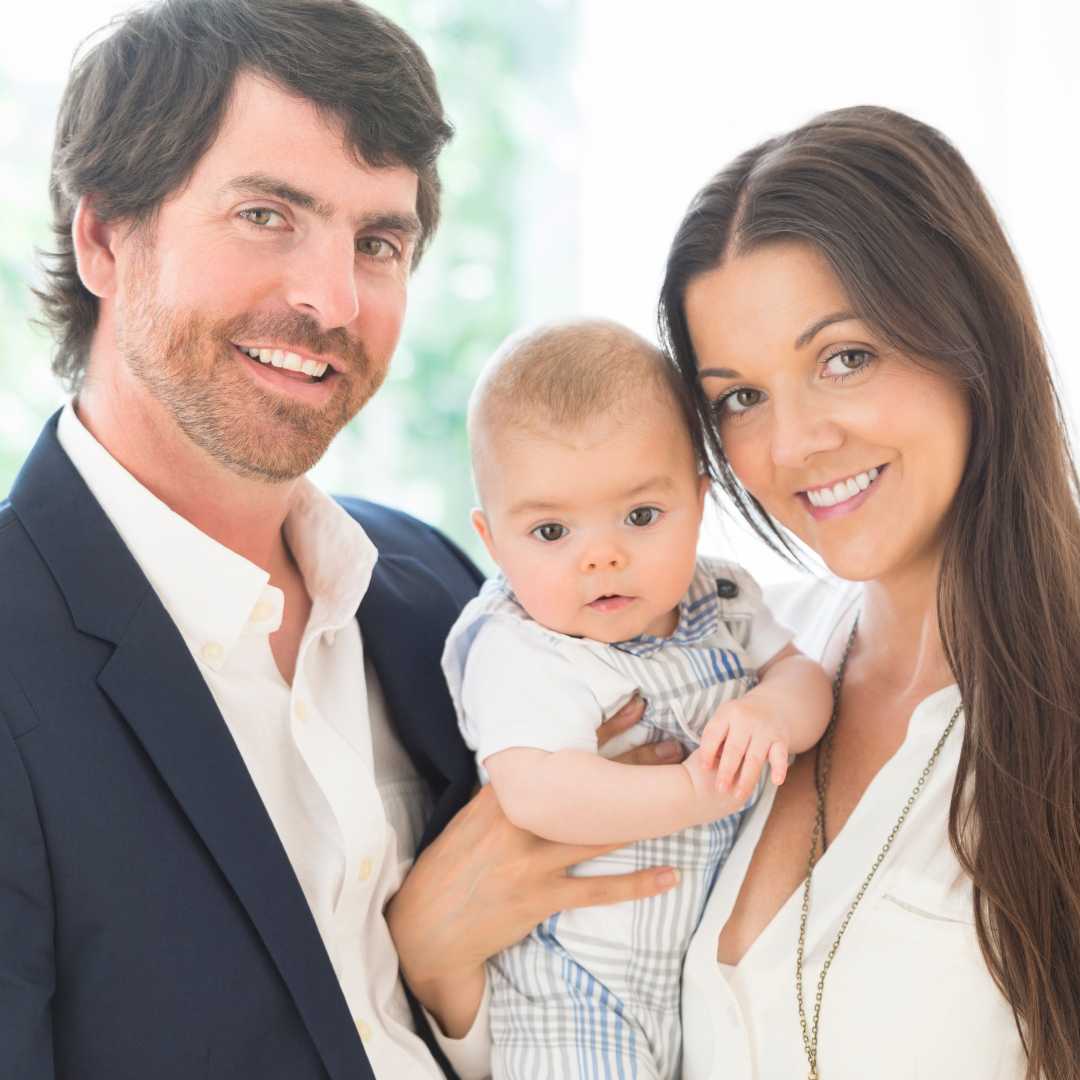
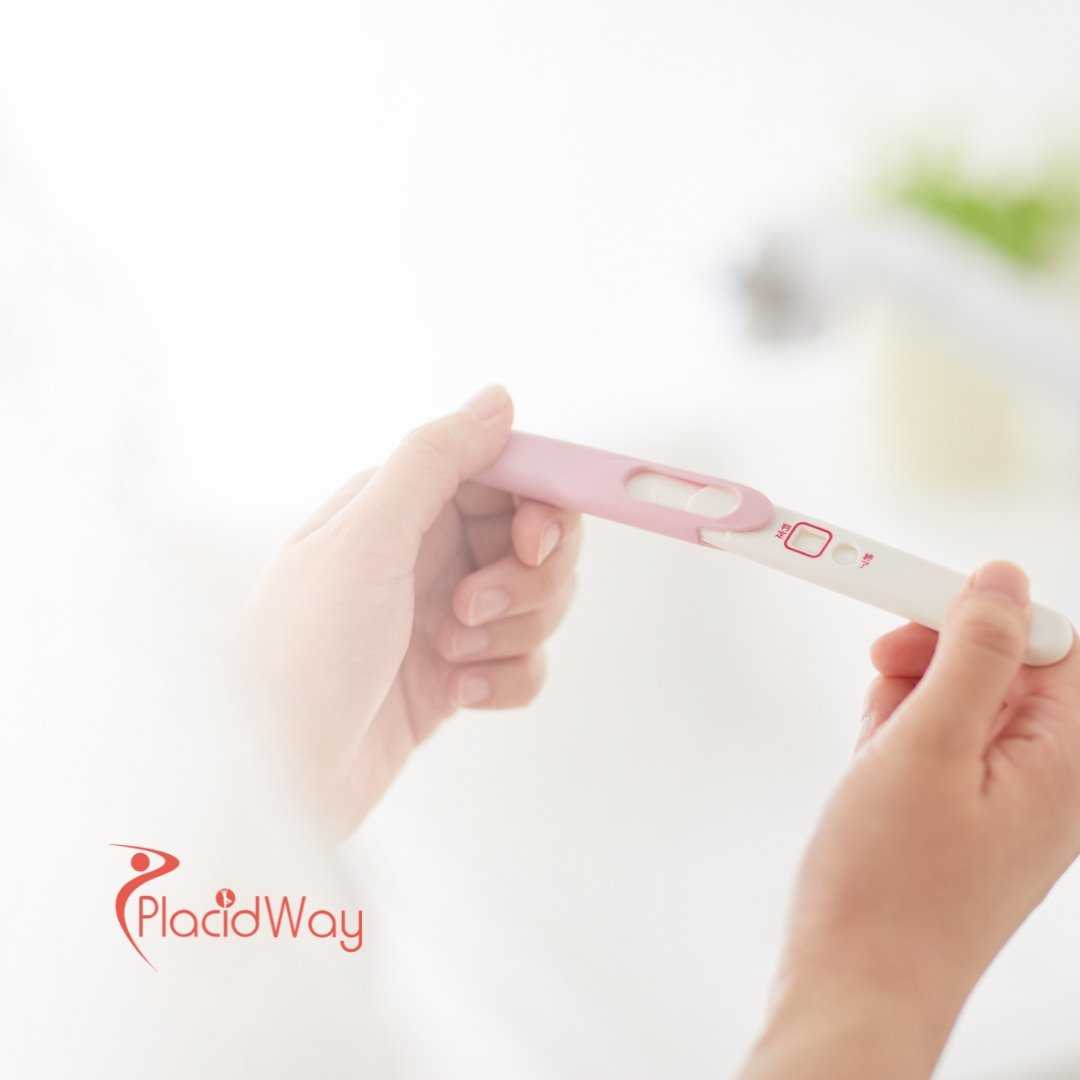
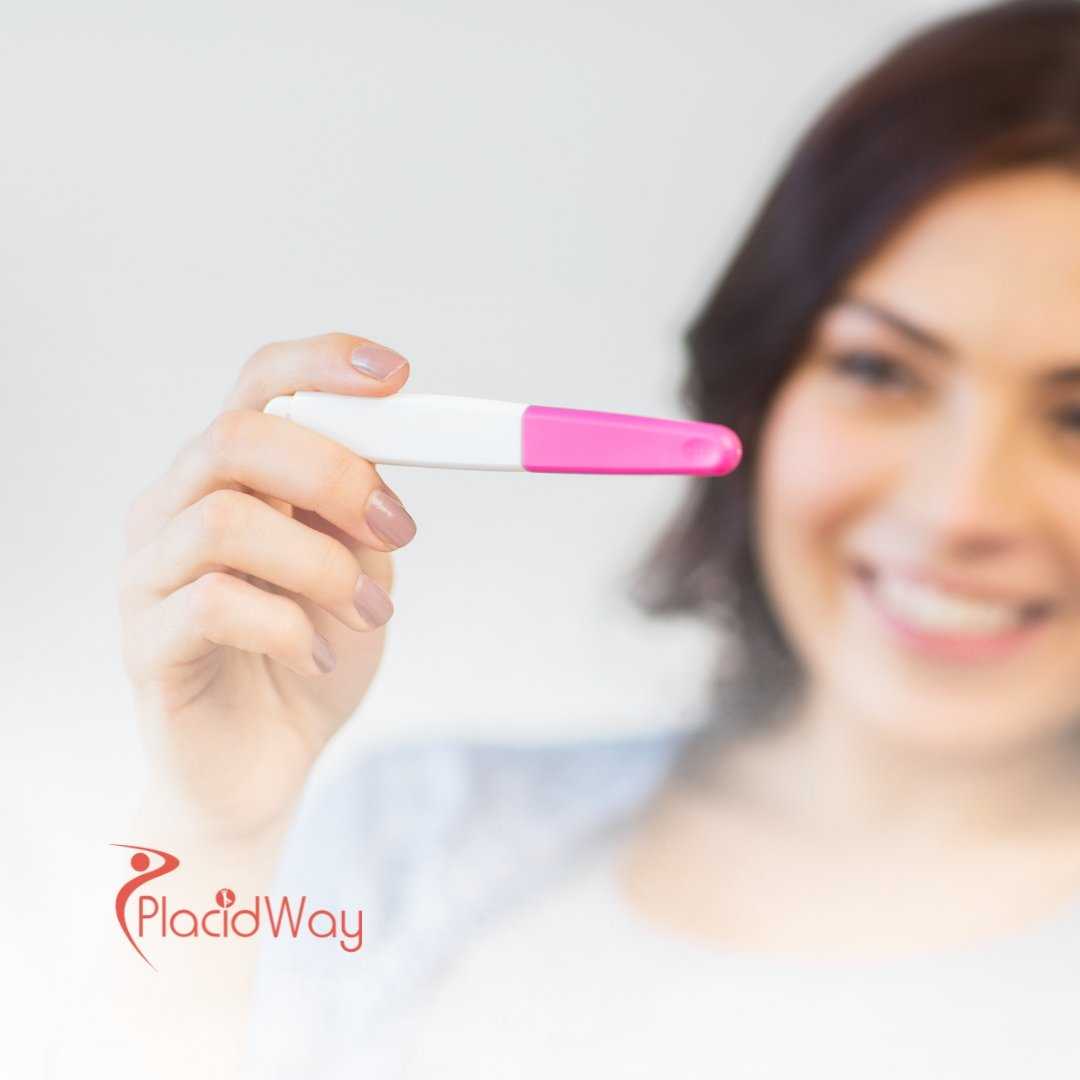
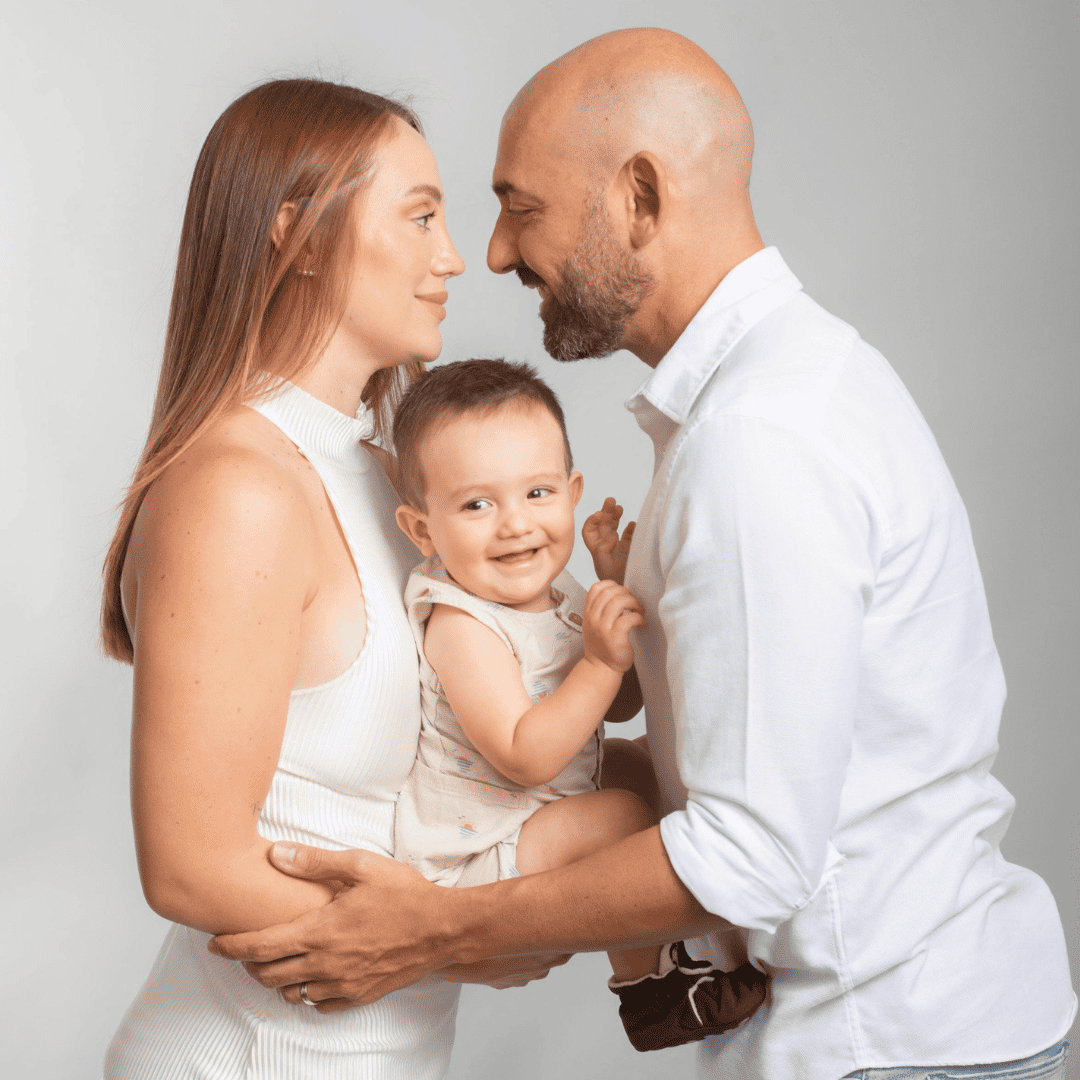
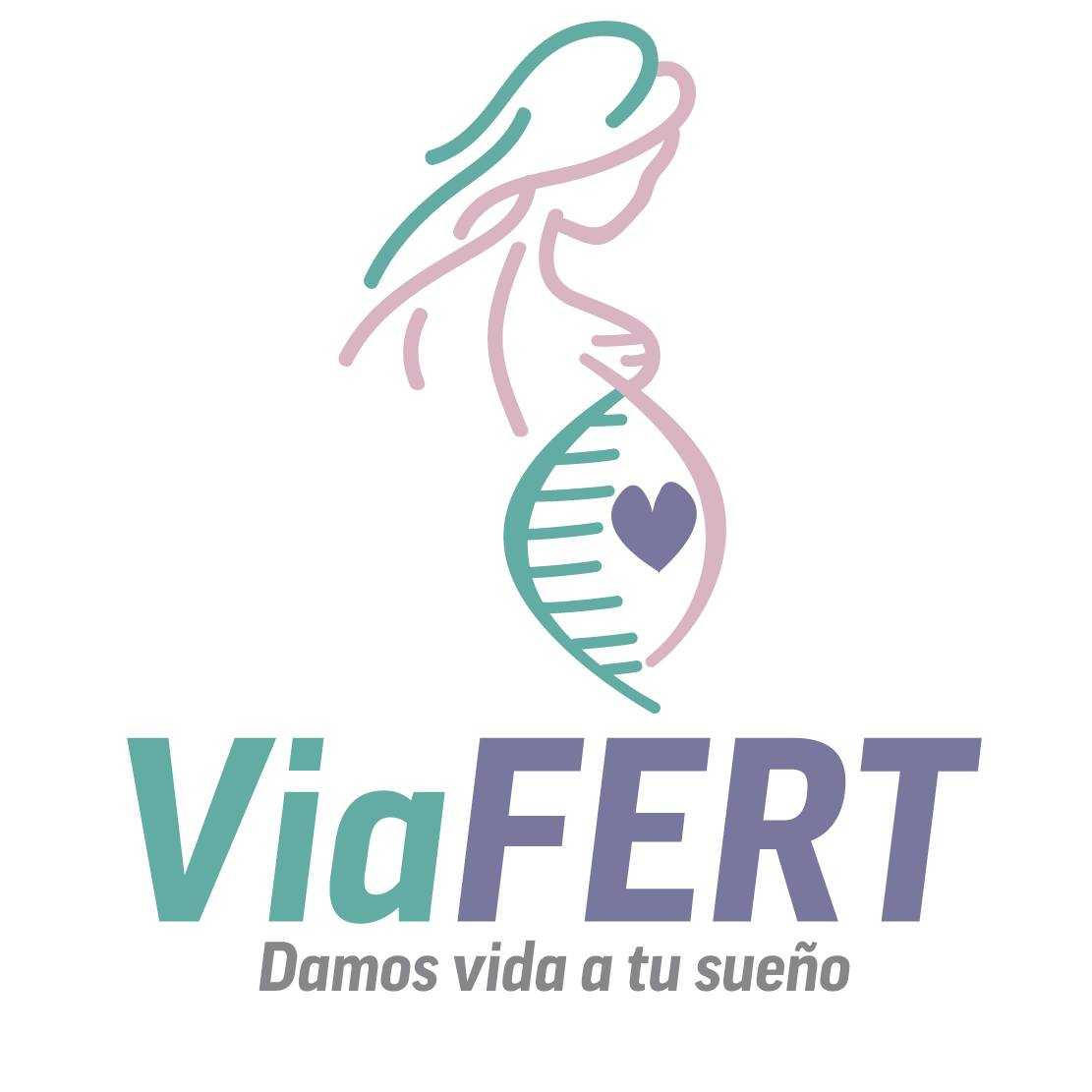
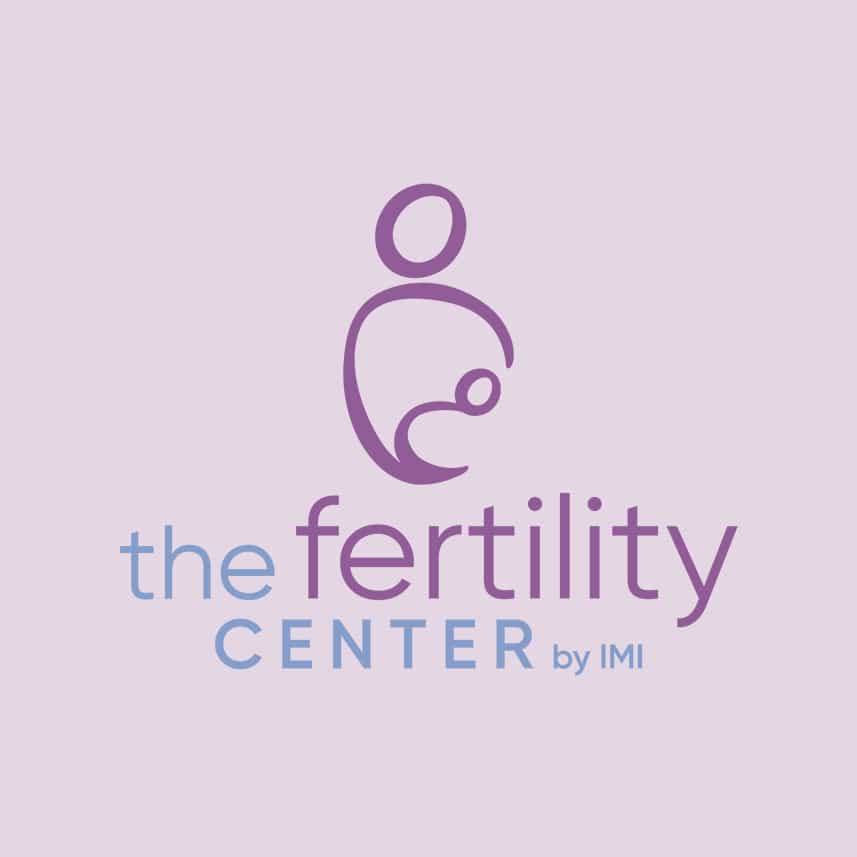
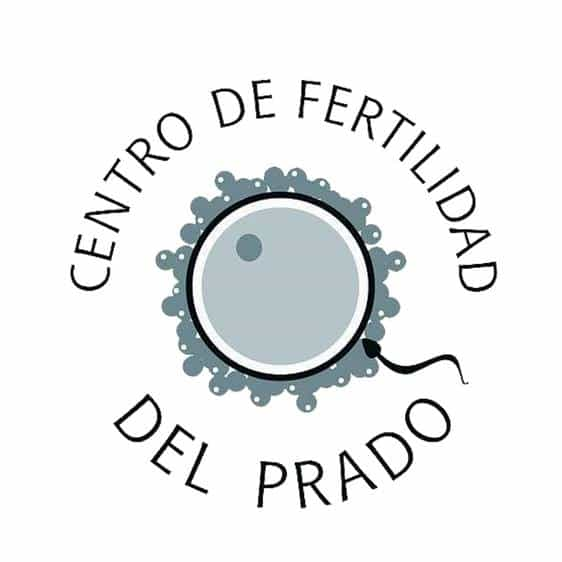
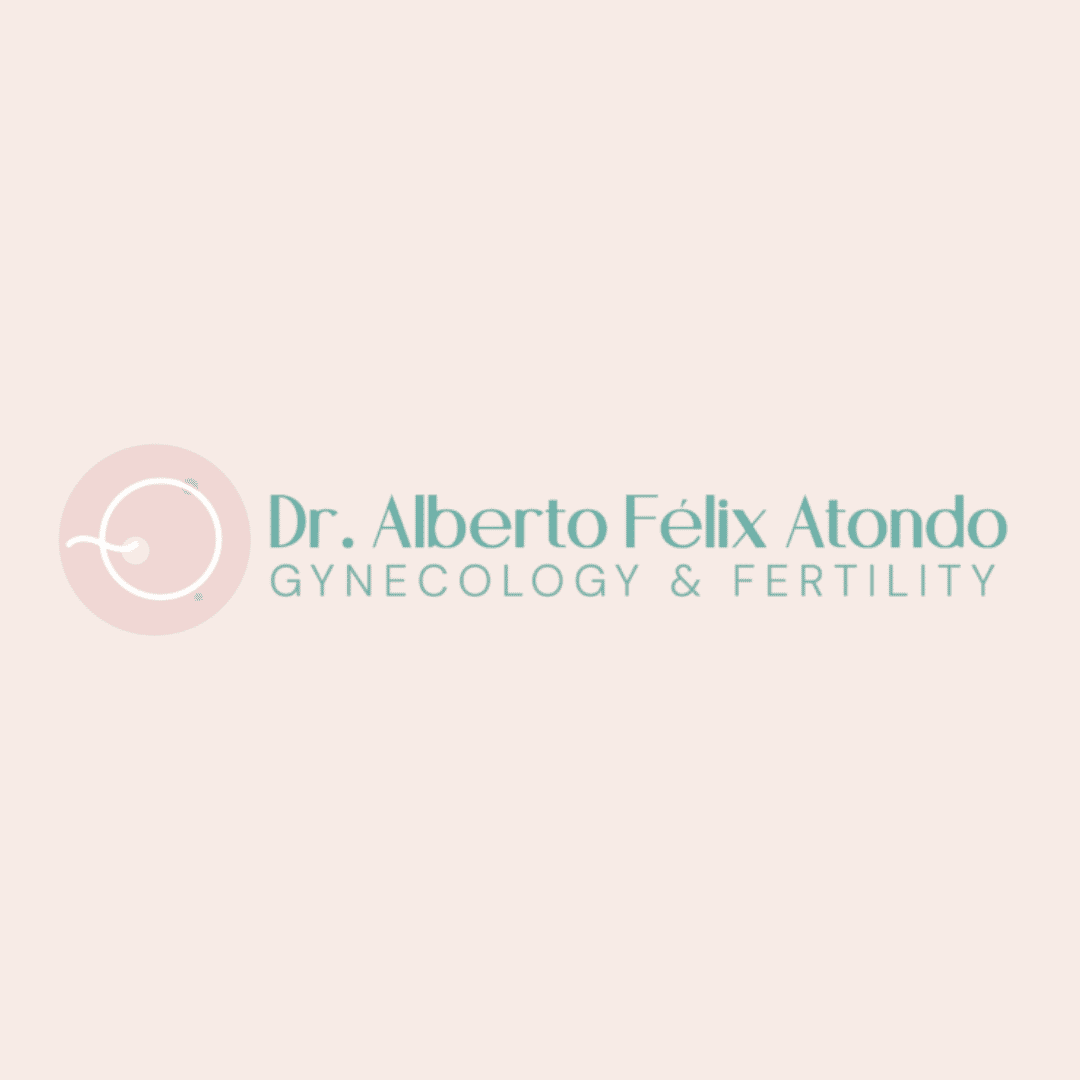
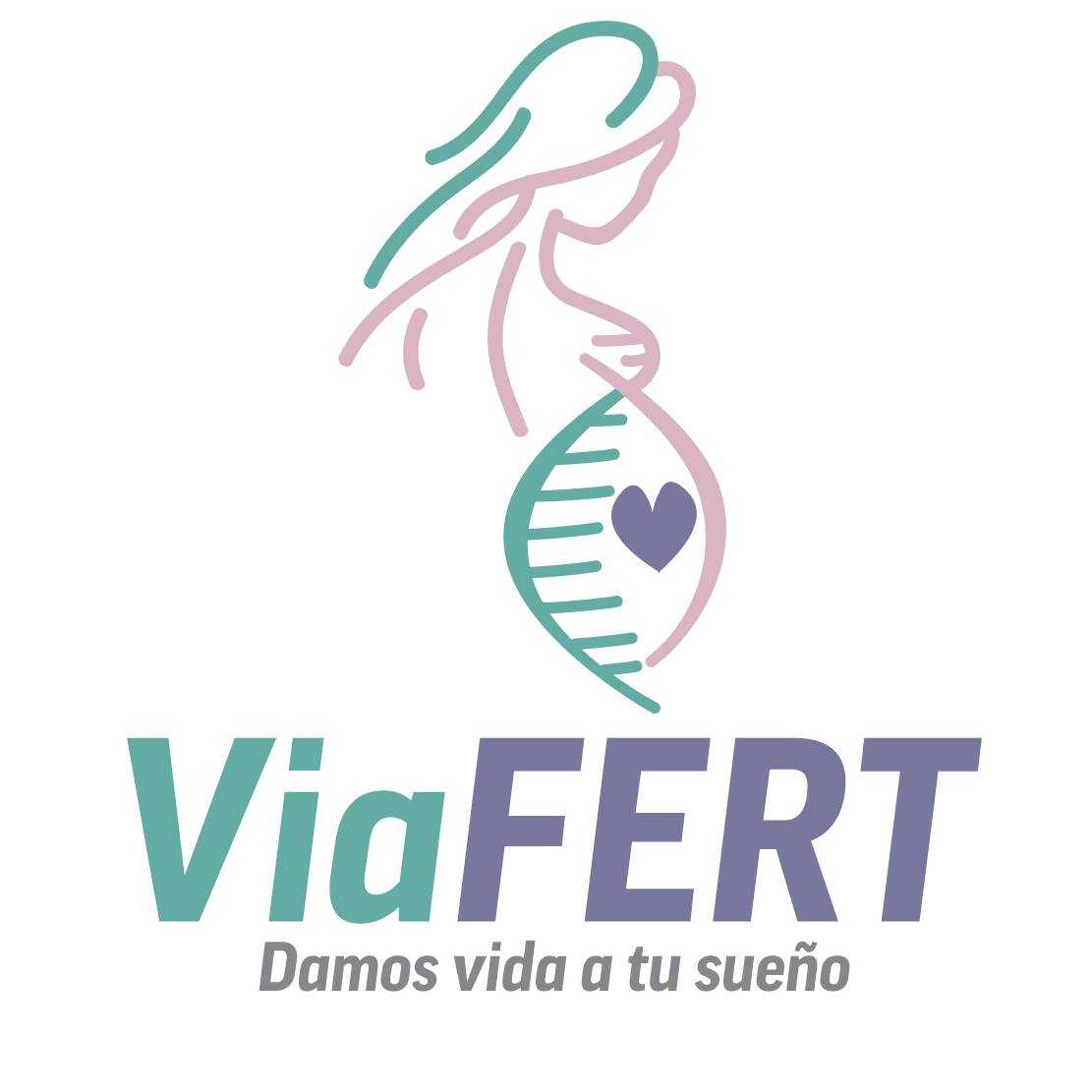

Share this listing